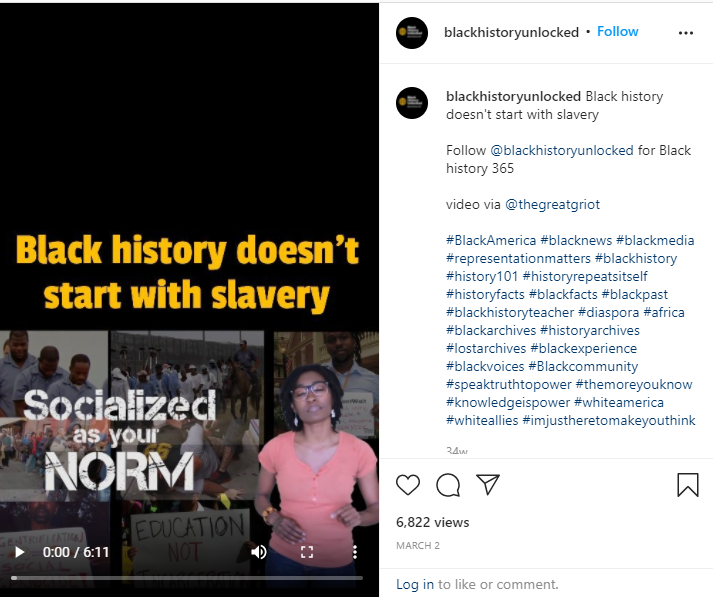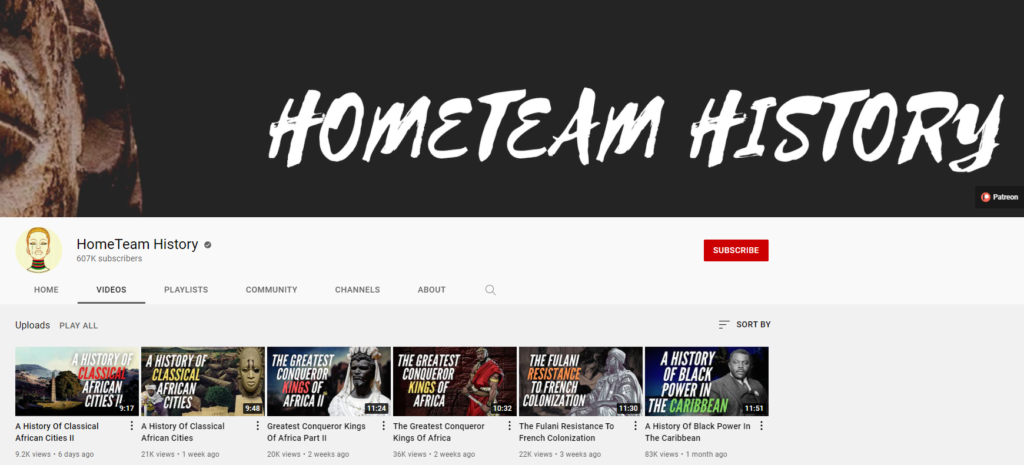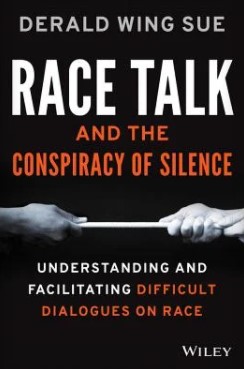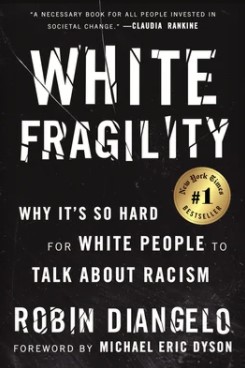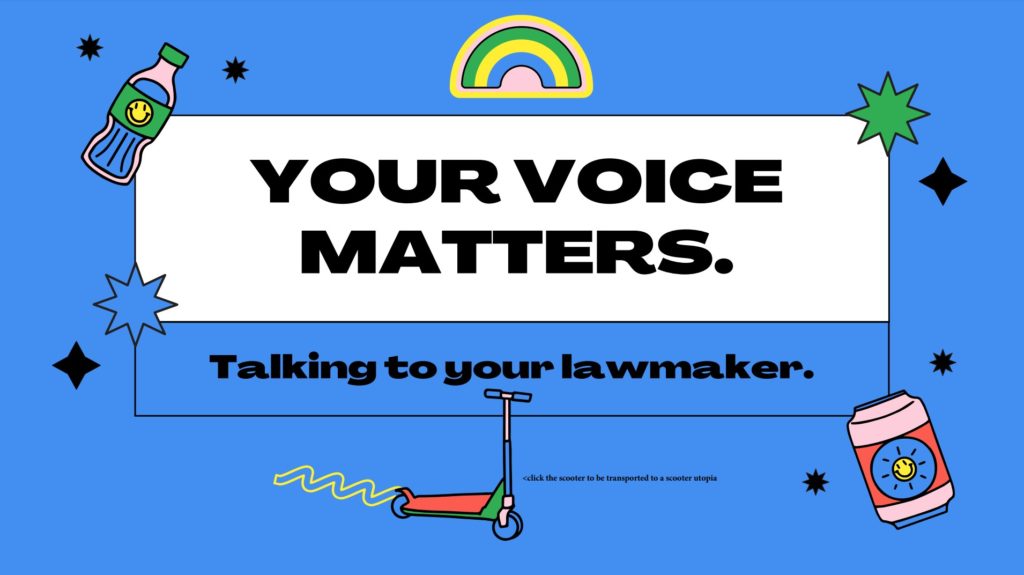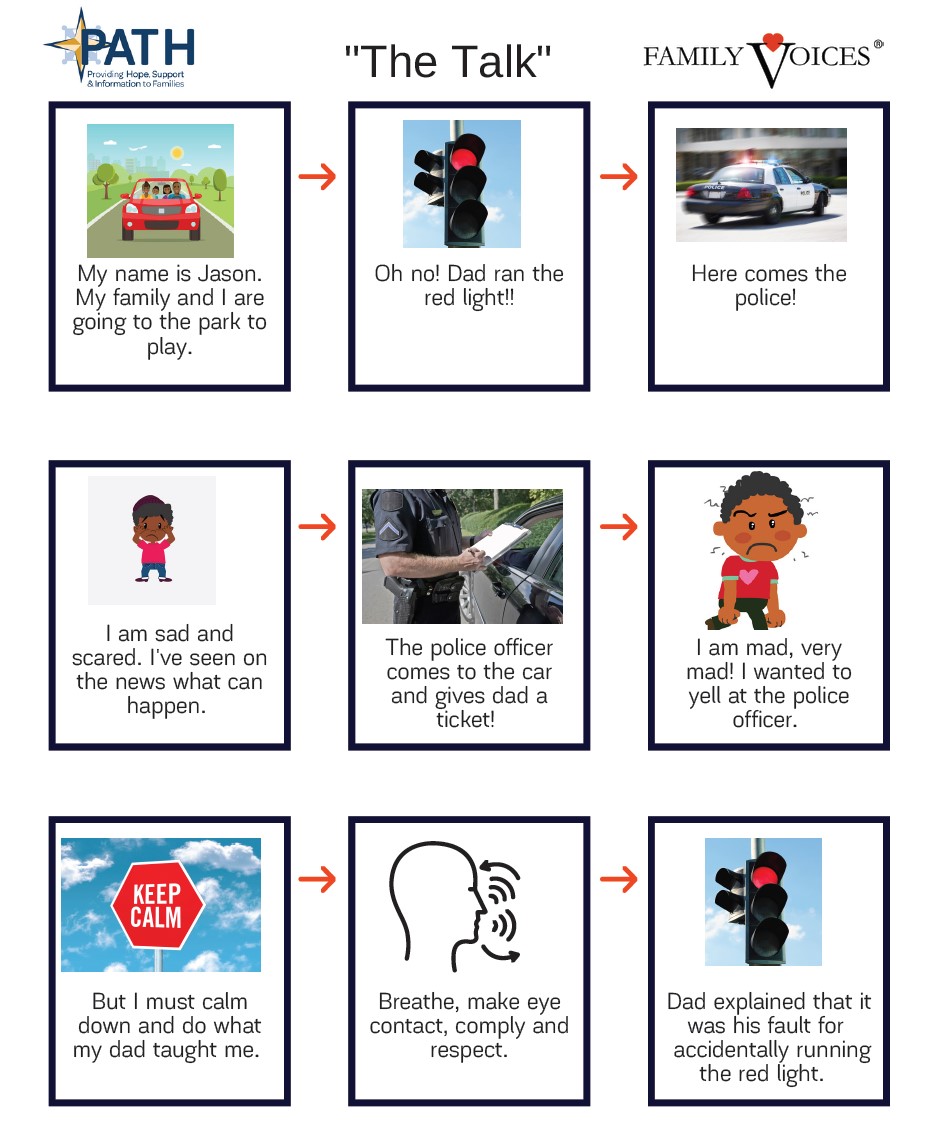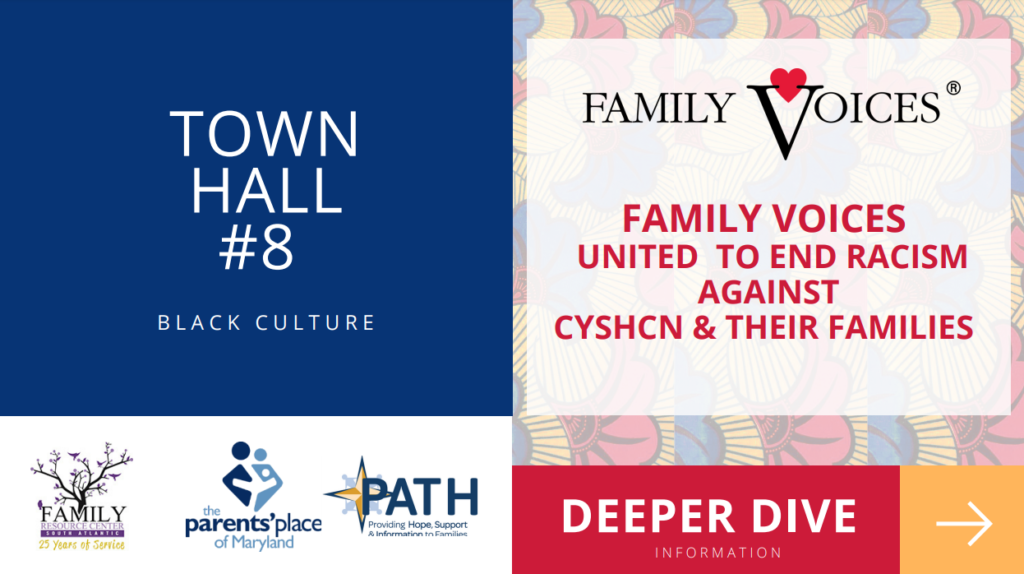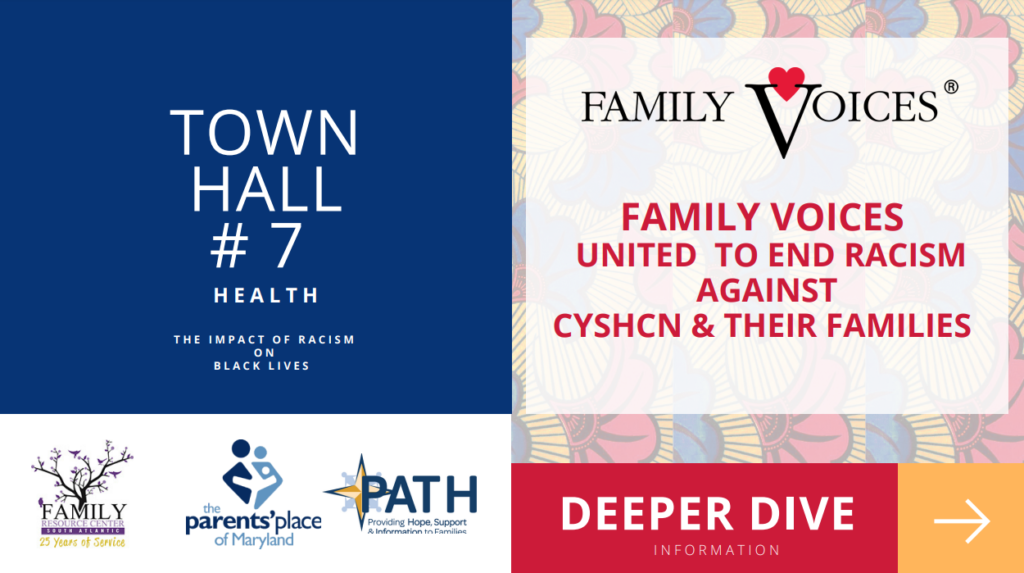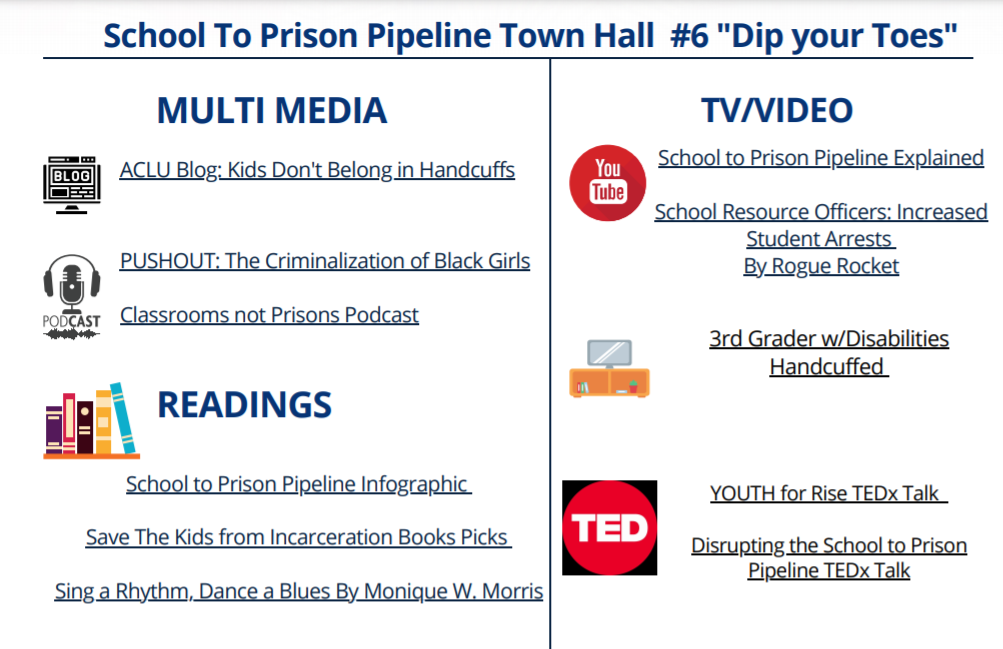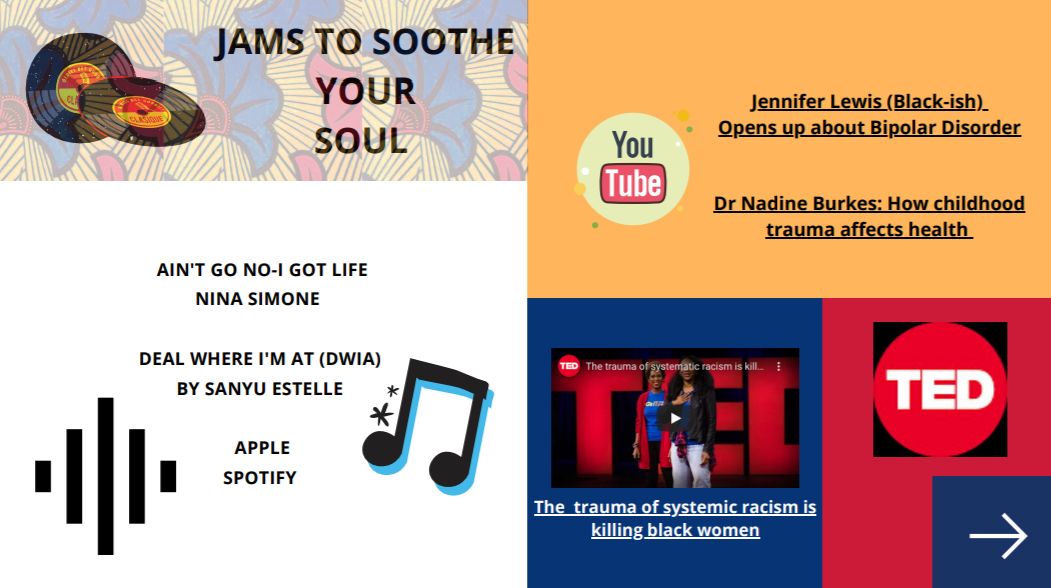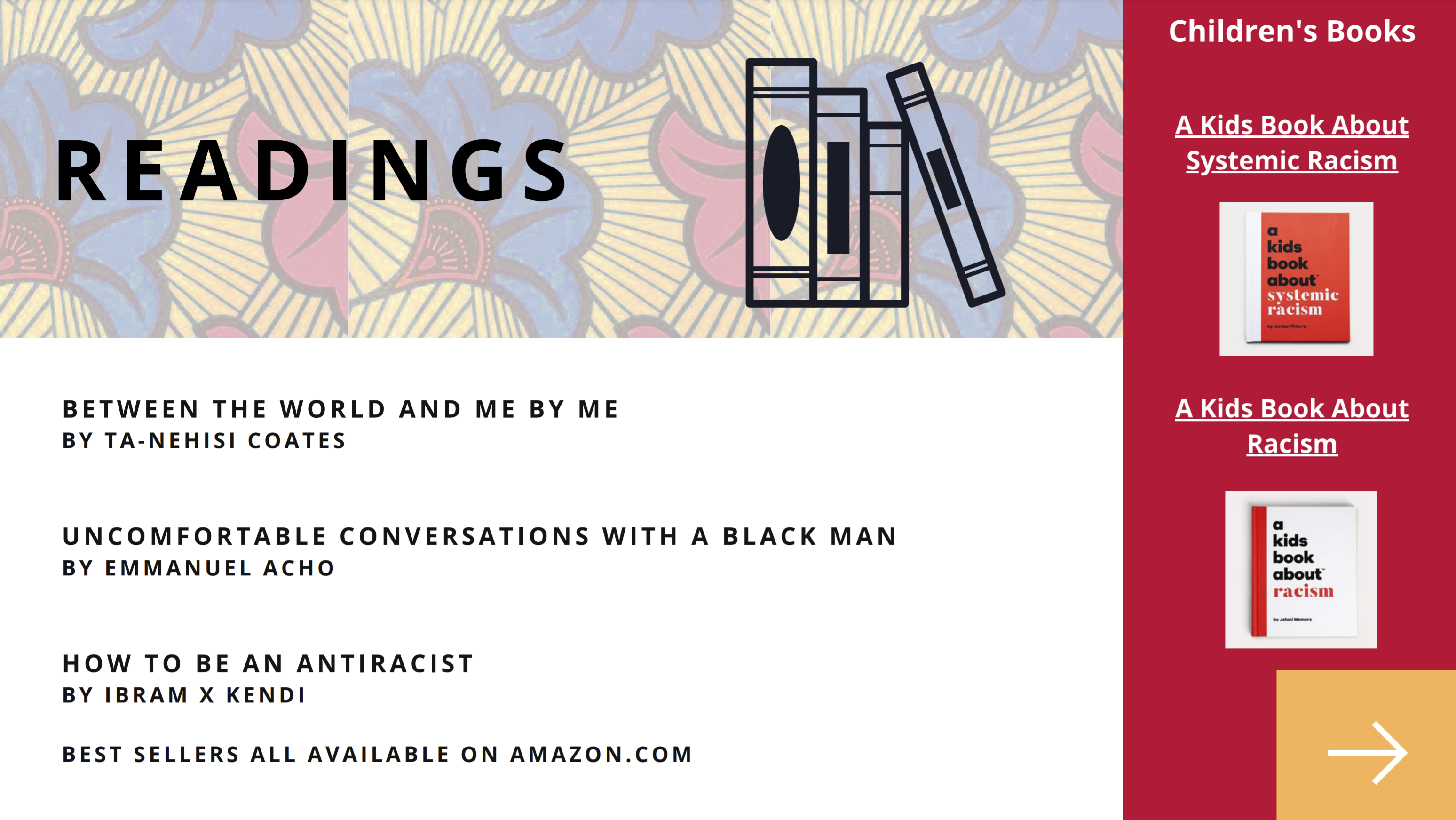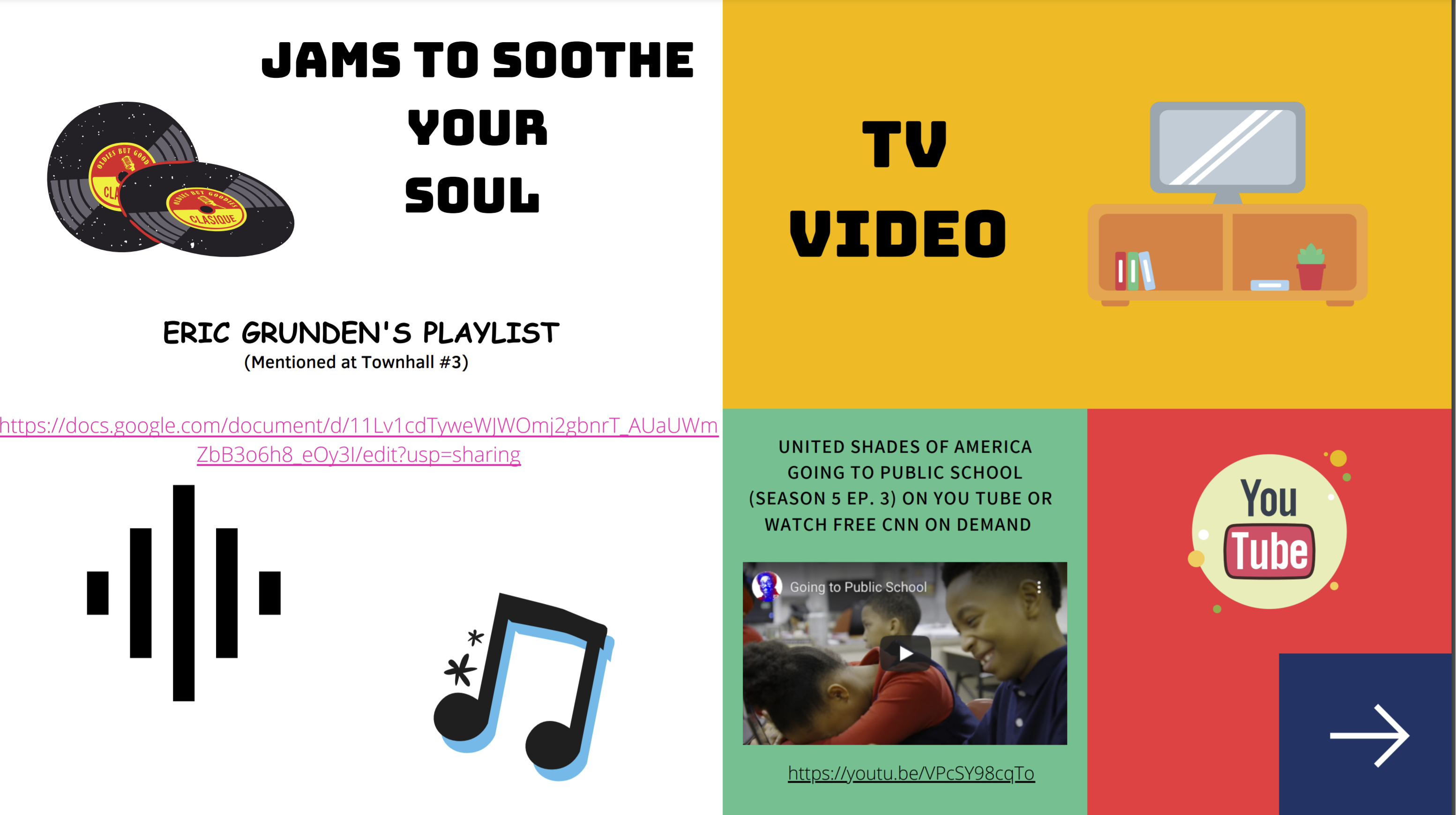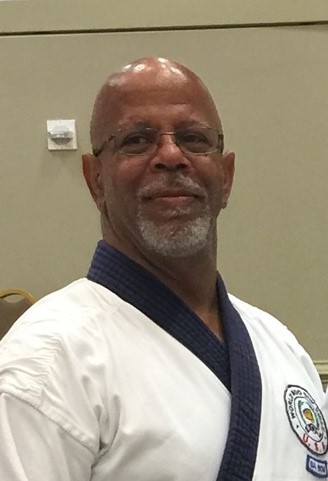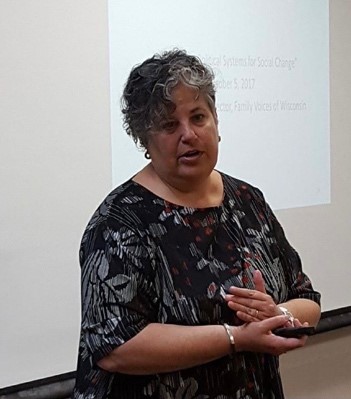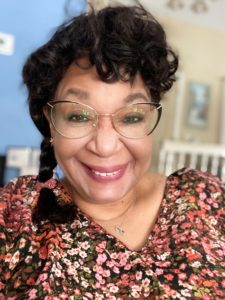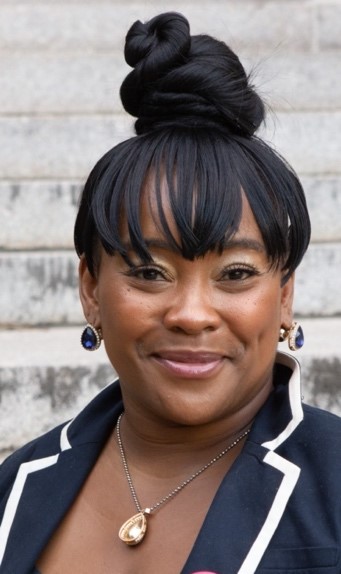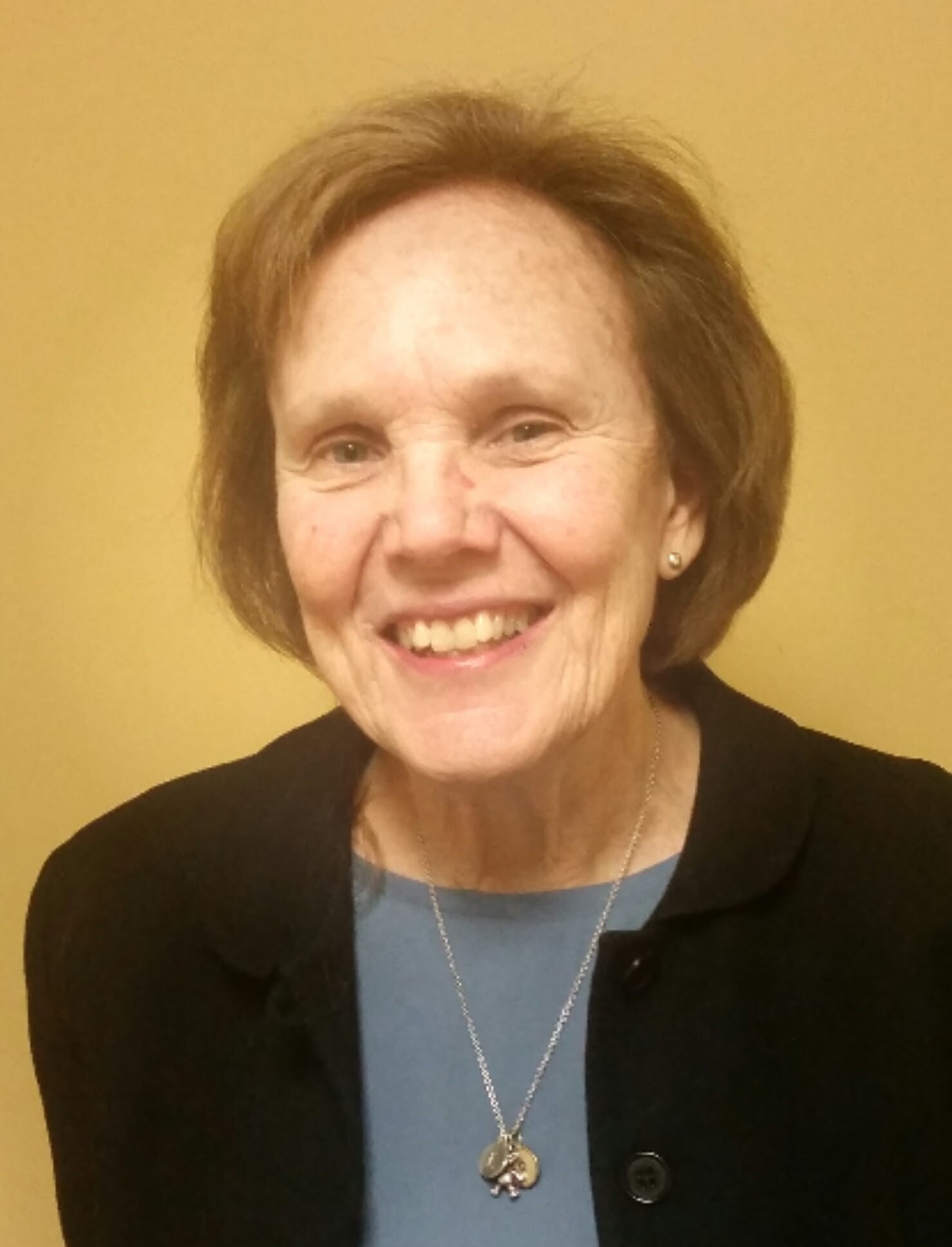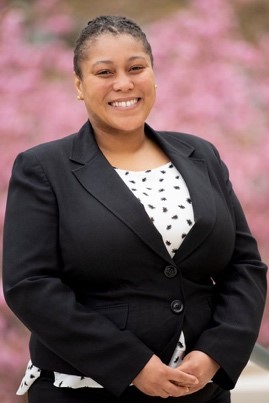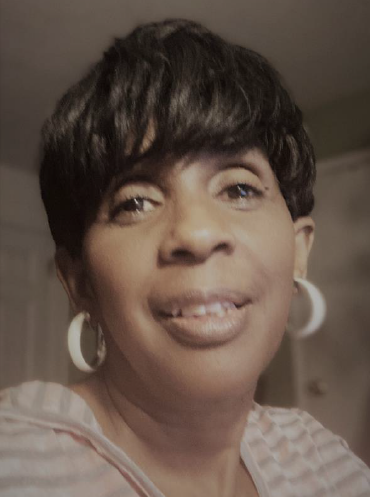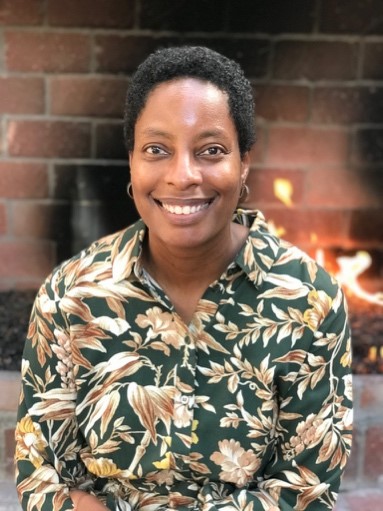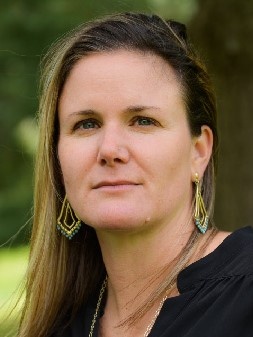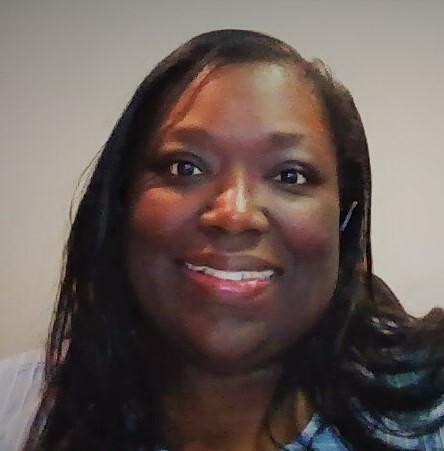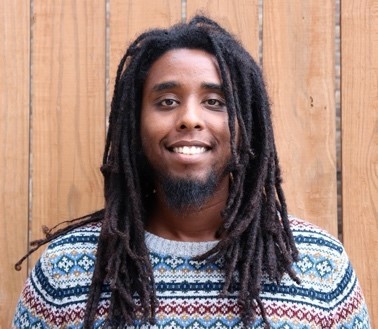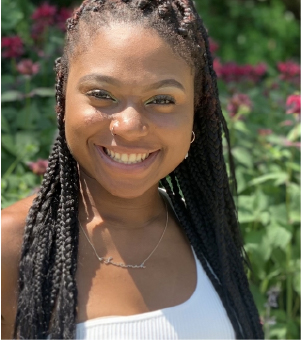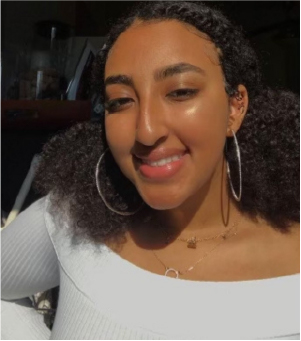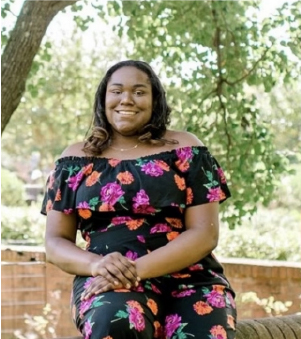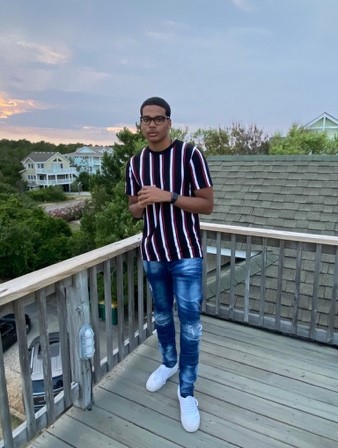
Explore More Resources
Build Competence Foster Connectedness![]() Encourage Confidence to Act
Encourage Confidence to Act
In this section you will find resources to dig deeper into your work and understanding of racial justice in organizations, systems and in every day life.
Each resource will be connected to blocks of:
- Black Culture
- Tools to Get You Started
- Youth Leadership
You will also find additional resources from our Town Halls, videos and other tools to boost your allyship.

Select a category
Select a Category:
Black Culture Resources
Schomburg Center for Research in Black Culture
Explore the Schomburb Center for Research in Black Culture
The African American Migration Experience
Learn more about the African American migration experience at archives.gov
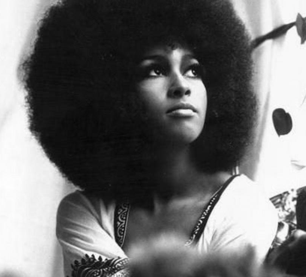
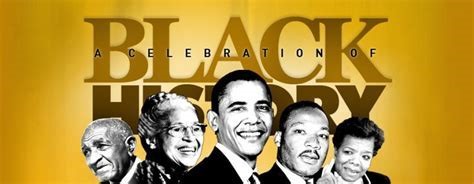
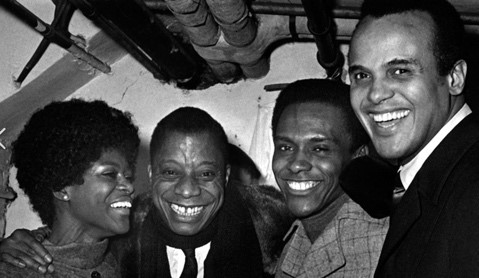
Learning about Black Culture and history is a great way to increase our knowledge, overcome barriers and dismantle racism. It is important to note that that Black History and Black culture did not start with slavery and in fact, holds roots that begun centuries before enslaved people were brought to the Americas.
To illustrate,
watch the following video from Black History Unlocked:
Learn more about African History from HomeTeam History:
Tools to Get You Started
Tools for Understanding White Privilege
Race Talk and the Conspiracy of Silence: Understanding and Facilitating Difficult Dialogues on Race
By Derald Wing Sue
Learn to talk about race openly, honestly, and productively Most people avoid discussion of race-related topics because of the strong emotions and feelings of discomfort that inevitably accompany such conversations. Rather than endure the conflict of racial realities, many people choose instead to avoid the topic altogether, or remain silent when it is raised.
Race Talk and the Conspiracy of Silence: Understanding and Facilitating Difficult Dialogues on Race puts an end to that dynamic by sharing strategies for smoothing conversations about race in a productive manner. A guide for facilitating and participating in difficult dialogues about race, author Derald Wing Sue – an internationally recognized expert on multiculturalism, diversity, and microaggressions – explores the characteristics, dynamics, and meaning behind discussions about race as well as the hidden “ground rules” that inhibit honest and productive dialogue. Through emotional and visceral examples, this book explains why conversations revolving around racial issues are so difficult, and provides guidelines, techniques, and advice for navigating and leading honest and forthright discussions.
Readers will develop a stronger ability to build rapport with people unlike themselves, and discover how not talking about race impacts society as a whole. Overcome and make visible the fears associated with race talk Learn practical ideas for talking openly about race Facilitate and navigate discussion with expert strategy Examine the hidden rules that govern race talk Understand the benefits of successful conversations Discussions about race do not have to result in disastrous consequences, and can in fact be highly beneficial to all parties involved. It’s important that people have the ability to converse openly and honestly with their students, colleagues, children, and neighbors, and Race Talk provides the path for achieving this goal.
White Fragility: Why It’s So Hard for White People to Talk about Racism
By Robin Diangelo
Peggy McIntosh’s groundbreaking essay:
White Privilege, Unpacking the Invisible Knapsack
Youth Leadership
Your Voice Matters: Talking to Your Lawmaker
Used with permission from Family Voices of Tennessee
Allyship
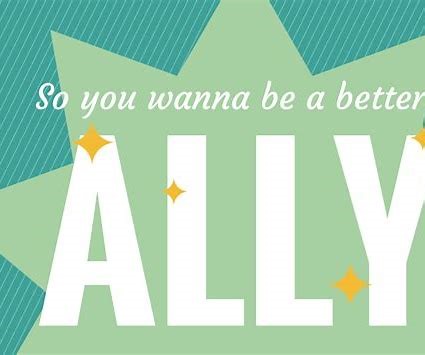
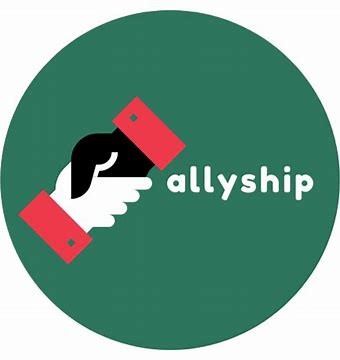
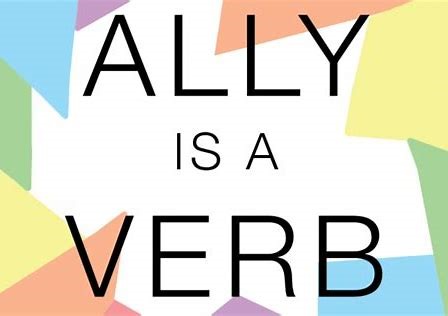
Town Halls
What is a town hall?
“Town hall” meetings, also referred to as town halls or town hall forums, are a way for local and national politicians to meet with their constituents, either to hear from them on topics of interest or to discuss specific upcoming legislation or regulation”.
- Organizations or groups also use town halls to hear from and discuss specific topics with stakeholders
- Family Voices used town hall format to hear from its national network after the racial reckoning of 2020
- A series of town halls led to the creation of Families United to End Racism Against CYSHCN project
See our “how to” guide to discover how you can develop town halls in your state as a tool to educate and affect change.
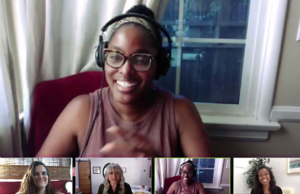
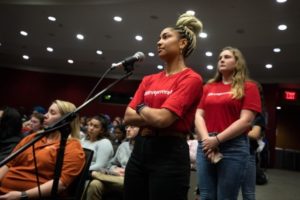
Materials from Family Voices’ Town Halls
The Voices of Black Families in Health…Interactions with Health Professionals Across the Lifespan/Systems

